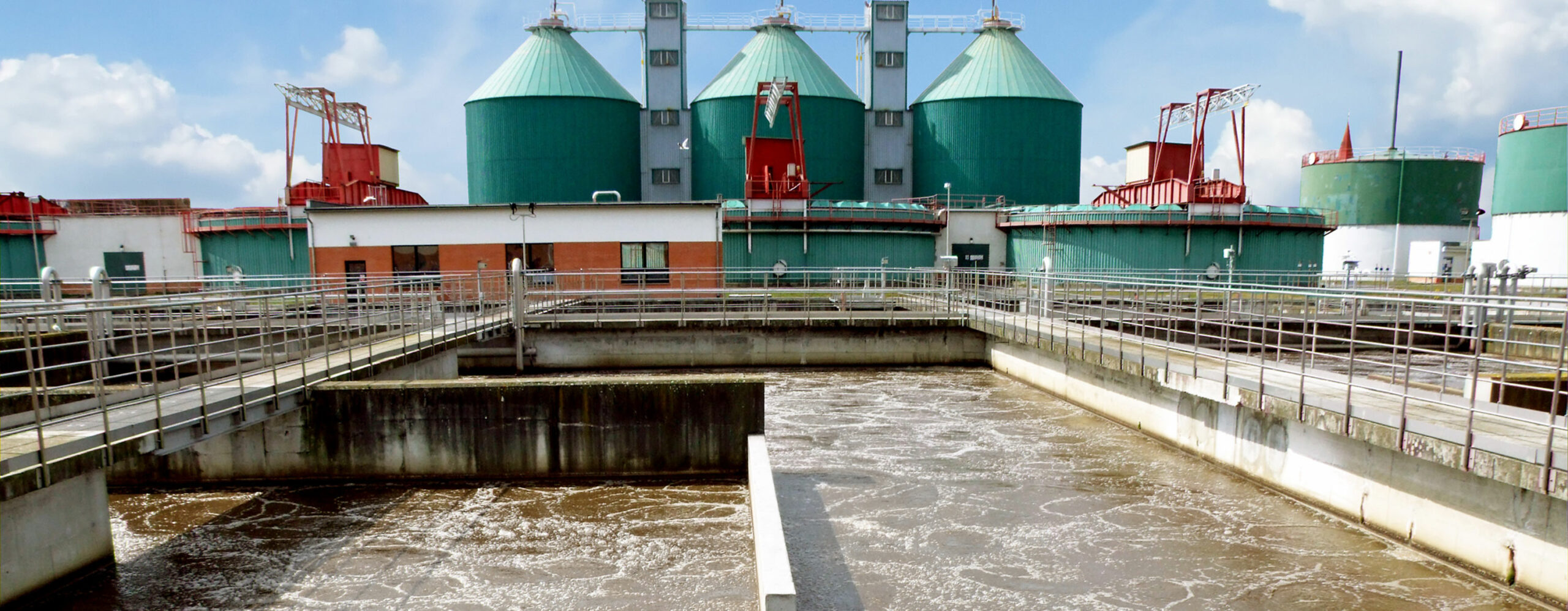Industrial activities are a vital part of modern society, producing goods and services that improve our lives. However, these activities can also generate industrial waste water, which, if not properly managed, poses a significant threat to the environment. Industrial waste water testing plays a crucial role in safeguarding the environment by monitoring and controlling the quality of effluents discharged by industries. In this article, we will explore the importance of industrial waste water testing in environmental protection.

The Impact of Industrial Waste Water
Industrial waste water contains a wide range of contaminants, including chemicals, heavy metals, organic compounds, and even pathogens, depending on the type of industry. When released into the environment without adequate treatment, it can have several detrimental effects:
- Water Pollution: Industrial effluents can contaminate rivers, lakes, and groundwater, causing water pollution. This pollution can harm aquatic ecosystems, disrupt food chains, and damage natural habitats.
- Health Risks: Contaminated water bodies can pose health risks to humans and wildlife. Exposure to industrial pollutants can lead to various health issues, including skin problems, respiratory diseases, and even cancer.
- Biodiversity Loss: Pollution from industrial waste water can lead to the decline or extinction of aquatic species, affecting the biodiversity of entire ecosystems.
- Soil Contamination: When industrial effluents are not properly managed, they can infiltrate and contaminate the soil, impacting agriculture and posing a risk to human health through the food chain.
The Role of Industrial Waste Water Testing
Industrial waste water testing serves as a critical safeguard for the environment in the following ways:
- Contaminant Detection: Through testing, industries can identify the types and concentrations of contaminants in their waste water, enabling them to take corrective actions to reduce or eliminate these pollutants.
- Compliance with Regulations: Many countries have strict regulations governing the discharge of industrial waste water. Testing ensures that industries comply with these regulations, avoiding legal consequences and penalties.
- Effluent Treatment Optimization: Testing results guide industries in optimizing their waste water treatment processes to achieve more efficient contaminant removal.
- Environmental Risk Assessment: Industrial waste water testing helps assess the potential environmental risks associated with specific pollutants and industries, enabling authorities to take preventive measures.

Sustainable Practices
To safeguard the environment effectively through industrial waste water testing, several sustainable practices should be adopted:
- Pollution Prevention: Industries should prioritize pollution prevention at the source, implementing cleaner production practices to minimize the generation of hazardous waste water.
- Advanced Treatment Technologies: Investing in advanced treatment technologies can help industries reduce their environmental footprint and achieve higher levels of contaminant removal.
- Monitoring and Reporting: Regular monitoring of waste water quality, reporting of results to relevant authorities, and transparent communication with the public are essential elements of responsible waste water management.
- Recycling and Reuse: Whenever feasible, industries should explore opportunities for recycling and reusing treated waste water, reducing the overall discharge volume.
Conclusion
Industrial waste water testing is a critical tool for preserving the environment and mitigating the negative impacts of industrial activities. By monitoring and controlling the quality of industrial effluents, we can prevent water pollution, protect aquatic ecosystems, and ensure the health and well-being of both humans and wildlife.
The collaboration between industries, regulatory bodies, and environmental organizations is essential to establish sustainable practices that balance industrial growth with environmental conservation, using industrial waste water testing as a cornerstone of responsible and eco-friendly industrial operations.
Frequently Asked Questions
Are there specific industries that generate more hazardous waste water than others?
Yes, industries such as chemical manufacturing, mining, and metal processing tend to generate waste water with a higher potential for environmental harm due to the presence of toxic chemicals and heavy metals.
How often should industrial waste water be tested?
The frequency of testing depends on the industry, the type of pollutants generated, and regulatory requirements. Some industries may need to test daily, while others can do so less frequently.
Can industrial waste water be treated to remove all contaminants?
While advanced treatment technologies can remove a wide range of contaminants, complete removal of certain pollutants may be challenging or economically impractical. Efforts should focus on reducing pollutant concentrations to acceptable levels.
What happens if an industry fails to comply with waste water regulations?
Non-compliance with waste water regulations can lead to fines, penalties, and legal action. Regulatory authorities may also require the industry to improve its waste water treatment processes to meet the standards.
How can the public contribute to encouraging industries to adopt responsible waste water practices?
Public awareness, advocacy, and support for environmentally responsible industries can play a significant role in promoting sustainable waste water practices. Engaging with local authorities and environmental organizations can also help raise concerns about non-compliance.







